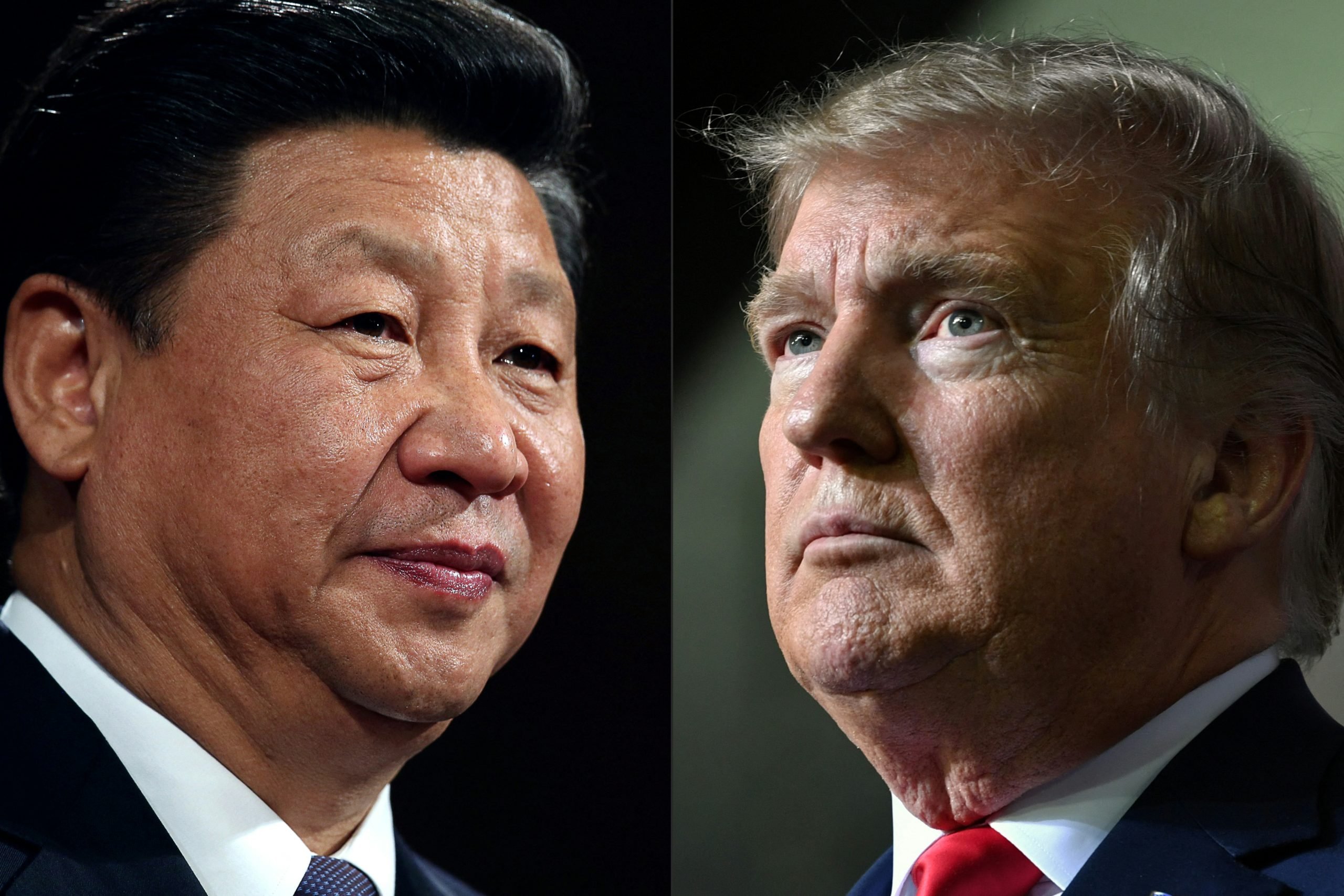As President Donald Trump looks to wrap up U.S. involvement in the ongoing Israel-Iran conflict, questions abound on whether or not the U.S. will pivot its foreign policy focus to face up to China, analysts told the Daily Caller News Foundation.
Trump instituted a ceasefire between Israel and Iran on Monday night, which brought a pause to the 12-day conflict between the two nations over Iran’s nuclear program, punctuated by a U.S. strike on Tehran’s nuclear sites. Foreign policy analysts and Trump administration officials — notably including Undersecretary of Defense for Policy Elbridge Colby — have long advocated for a shift towards focusing on China as the threat grows, and the potential for peace in the Middle East may provide the chance for the long-awaited pivot to happen after the U.S. spent trillions of dollars and thousands of lives fighting in the Middle East.
“There will continue to be a desire and intent to focus limited resources to confront China, which is a global challenge,” Brent Sadler, senior research fellow for the Heritage Foundation’s Allison Center for National Security, told the DCNF. “That said, the military will be stressed to operate in new ways to ensure crises around the world antithetical to an effective China strategy are dealt with adequately, while continuing to advance the competition with China.” (RELATED: Trump Announces Ceasefire Between Israel And Iran)

A journalist takes pictures of the Chinese Navy Jinan destroyer during a media tour by the PLA Naval Museum, organized by the Chinese People’s Liberation Army Navy (PLAN) ahead to Defence Ministers’ Meeting of the Shanghai Cooperation Organization (SCO) Member States in Qingdao, in eastern China’s Shandong province on June 25, 2025. (Photo by PEDRO PARDO/AFP via Getty Images)
The U.S. spent an estimated $8 trillion fighting post-September 11 wars in the Middle East from 2002 to 2022, according to research from Brown University. The wars in Iraq, Afghanistan and Syria have, in turn, netted negligible returns for U.S. interests, as regime change initiatives failed to create stability while domestic insurgencies bogged down American forces, costing thousands of American lives in the process.
U.S. Special Envoy Steve Witkoff signaled Thursday that the U.S. wants to expand the Abraham Accords to other nations in order to promote long-term stability in the region. The accords were first implemented under Trump’s first administration, promoting diplomatic relations between Israel and the Arab states as a counterbalance to Iran. The first states to normalize relations with Israel under the framework were the United Arab Emirates and Bahrain.
If a revamped Abraham Accords can succeed in advancing relations between Arab states and Israel, the resulting stability could provide an opening for the U.S. to primarily focus on countering Chinese hegemony in the Pacific. The potential, long-awaited pivot could be timely given China’s rise over the past several decades.
China has emerged as a peer competitor to the U.S. in numerous respects, including building a massive navy, exceeding U.S. industrial capacity and expanding its influence across the world.
The Chinese navy surpassed the U.S. in ship count in 2020, netting 360 ships compared to 296 in U.S. fleets. China is also pulling ahead in capacity to build commercial shipping vessels and infrastructure.
Navy Secretary John Phelan has raised the alarm on the comparative decline of U.S. naval power, saying during a June 10 Senate hearing that the revival of American shipbuilding was critical to “maintain credible naval deterrence.” (RELATED: US Likely To Go To War With China In The Next Decade, Experts Say)

(COMBO) This combination of pictures created on May 14, 2020 shows recent portraits of China’s President Xi Jinping (L) and US President Donald Trump. (Photo by DAN KITWOODNICHOLAS KAMM/POOL/AFP/AFP via Getty Images)
China has used its Navy to project nearly uncontested power within its own backyard, recently making inroads beyond its usual patrol inside the first chain of islands between south Japan and the South China Sea. China has also regularly encroached on the island nation of Taiwan, which Beijing has signaled it eventually intends to retake by force or other means.
Sadler told the DCNF that the U.S. cannot counter China alone, and that it will need to rely on its allies to effectively deter China from aggressive expansion.
“Alone the U.S. will be challenged, and indicators around that would point to the U.S. already losing its deterrent ability on China – pending outcomes of the recent 12-day war with Israel and Iran,” Sadler told the DCNF. “That said, even with increased allied investment in its military [and] Navy, the U.S. urgently needs to recapitalize its decades long under-invested defense industry base and Navy.”
China also has a considerable advantage over the U.S. and the rest of the world in industrial capacity, rocketing past the U.S. in gross production in the mid 2000s to now contributing to almost 40% of the world’s productive output. The U.S. and the rest of the world continues to rely on China for its manufacturing power despite efforts to revive the American industrial base by multiple administrations.
Additionally, China has expanded its economic influence internationally via the Belt and Road Initiative (BRI), which provides massive infrastructure investments in developing countries around the world. Critics of the BRI allege the scheme is designed to trap developing nations in debt, and thus, put their economies and governments at the mercy of Beijing.
George Beebe, director of grand strategy at the Quincy Institute, told the DCNF that Trump securing stability in the Middle East through diplomacy with Syria, Iran and Israel will open up a golden opportunity for a pivot to China.
“Should the Trump administration succeed in advancing diplomatic relations with the new Syrian government and with Iran, the justification for a large U.S. military presence in the Middle East will greatly diminish, and the related risk of America’s being drawn in to regional conflicts we don’t want will drop in parallel,” Beebe told the DCNF. “This would greatly facilitate a pivot to the Indo-Pacific.”
For fiscal year 2026, the Pentagon is expected to spend even more on China deterrence, requesting over $10 billion for the Pacific Deterrence Initiative.
“As the most dynamic and fastest-growing region on earth, the Indo-Pacific is a priority of the Trump Administration’s foreign policy and essential to our shared security and prosperity,” a State Department spokesperson told the Daily Caller News Foundation. “Our presence in the Indo-Pacific makes America stronger, more secure, and more prosperous.”
The Pentagon declined to comment.
All content created by the Daily Caller News Foundation, an independent and nonpartisan newswire service, is available without charge to any legitimate news publisher that can provide a large audience. All republished articles must include our logo, our reporter’s byline and their DCNF affiliation. For any questions about our guidelines or partnering with us, please contact licensing@dailycallernewsfoundation.org.




![Man Arrested After Screaming at Senators During Big Beautiful Bill Debate [WATCH]](https://www.right2024.com/wp-content/uploads/2025/06/Man-Arrested-After-Screaming-at-Senators-During-Big-Beautiful-Bill-350x250.jpg)












